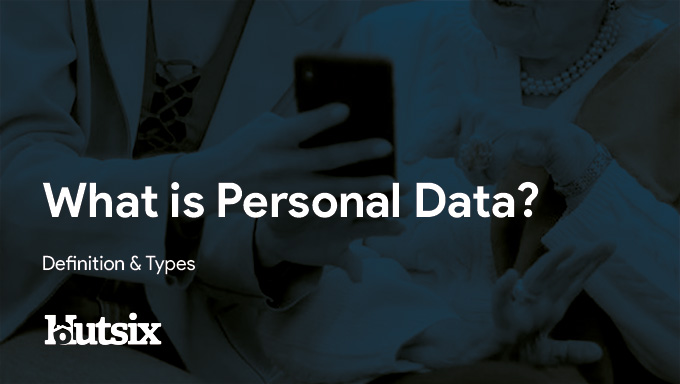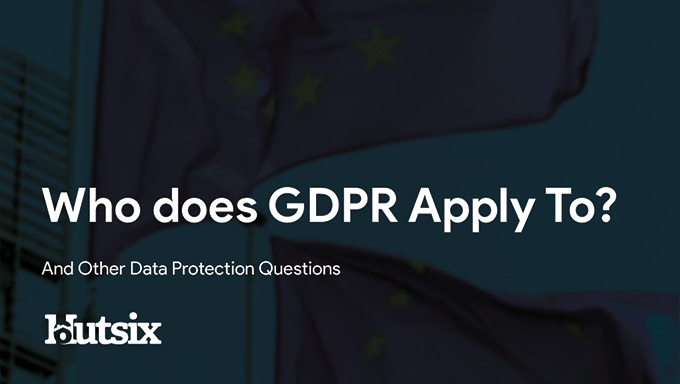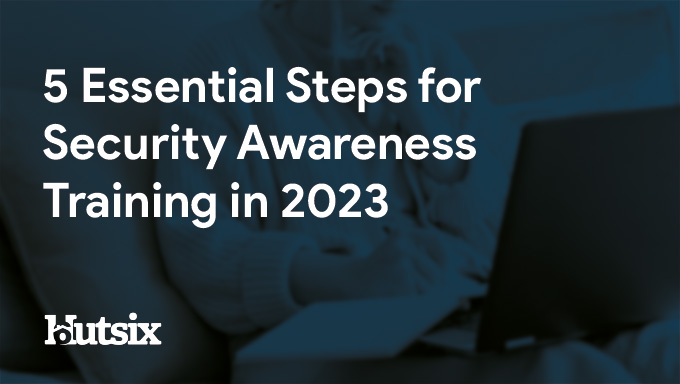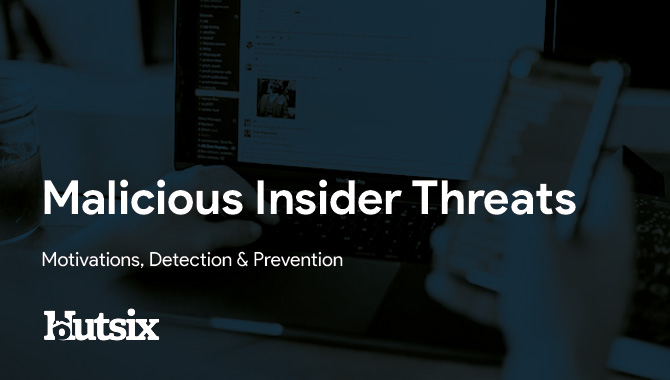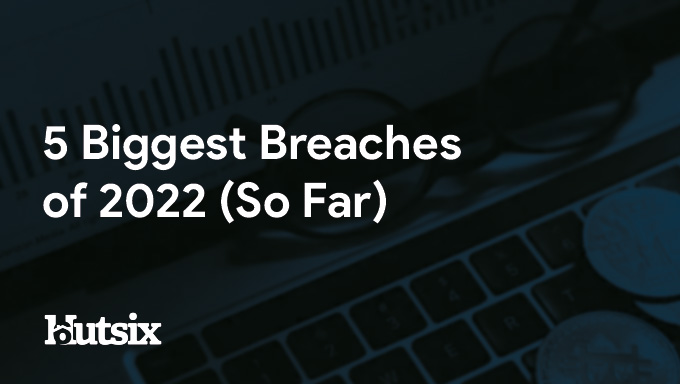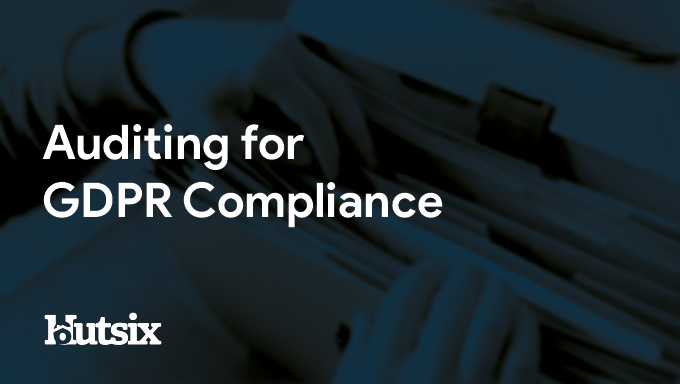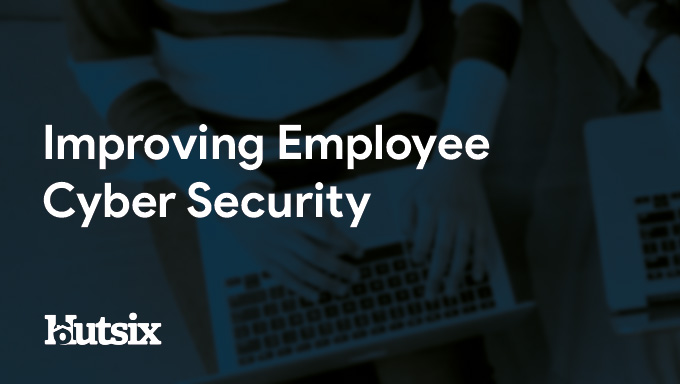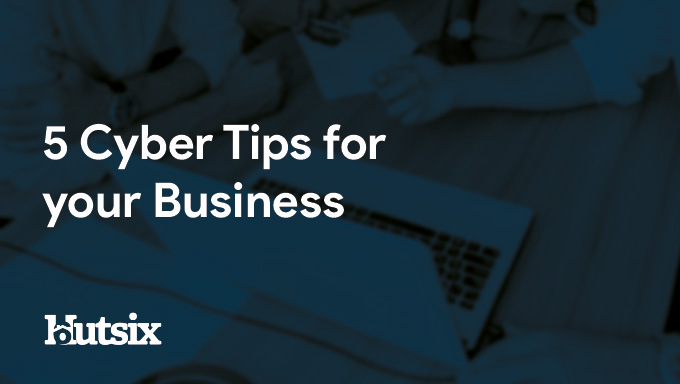LinkedIn Crypto Scam
What if I told you that for an initial deposit of only £250 you could be on your way to making huge profits without any risk? Does it sound too good to be true? What if a celebrity suggested it?
Today our LinkedIn feed was invaded by a promoted article entitled "Sir James Dyson condemns Government plan to expend work from home rights".

Apparently pointing to trusted UK news outlet, The Standard, the dastardly link actually took us to a Mirror clone which rather indiscreetly promotes a crypto 'investment' platform.
Featuring a story about James Dyson, a well-known entrepreneur, the authors attempt to lure readers to sign up for the suspect platform by clicking on a registration link and depositing a minimum of £250 (or $300).

Creating a sense of urgency by claiming that registrations may close soon due to high demand, this dodgy get-rich-quick with crypto con is a textbook example of how scammers use fake celebrity endorsements to rip off unfortunate victims.
Online Scams
While platforms such as LinkedIn will perform some level of authentication for promoted content, this particular scam once again demonstrates that you should always be vigilant and cannot trust something simply because it is served up on a well-known website.
Despite many widely publicised cryptocurrency-related scams, cyber criminals are still obviously happy to take advantage of the growing popularity of cryptocurrencies, with Action Fraud (the UK's national fraud and cyber-crime watchdog) last year reporting a 32% rise in losses to crypto scams, with those affected parting with over £226 million.
As noted, a tactic frequently used by scammers is that of the celebrity endorsement, with famous and trusted faces such as money saving expert Martin Lewis being used to confer legitimacy.
Another common face used by fraudsters, Sir Richard Branson, Virgin Group Founder, said of this form of scam:
"We have dealt with hundreds of instances of fake sites and fraudsters impersonating me or my team online... Sadly, the scams are not going to disappear overnight, and I would urge everyone to be vigilant and always check for official website addresses and verified social media accounts."
Staying Safe Online
To stay safe and avoid online scams, the following are some essential steps and practices:
- Educate Yourself: Stay informed about common scam tactics and the latest trends in online scams. Understanding how scammers operate and the red flags to watch out for will always be the first line of defence.
- Verify Information: Put simply, don't rely on information provided by unknown sources or unverified websites. Use reputable sources, check official websites, and research thoroughly before making any financial decisions.
- Be Sceptical: Develop a healthy scepticism towards unsolicited offers, exaggerated claims, and too-good-to-be-true opportunities. Trust your instincts and exercise caution.
- Protect Personal Information: Never share sensitive personal or financial information, such as your credit card details or passwords with unknown or unverified individuals or websites. Legitimate entities will not ask for such information through unsolicited communications.
- Use Strong Passwords and Two-Factor Authentication: Create strong, unique passwords for all your online accounts and enable two-factor authentication whenever possible. This adds an extra layer of security by requiring a verification code in addition to your password.
- Exercise Caution with Links and Attachments: Be cautious when clicking on links or downloading attachments, especially in emails, social media messages, or unfamiliar websites. Verify the source and ensure they are legitimate before interacting with any content.
- Be Wary of Celebrity Endorsements: Be sceptical of investment opportunities or products endorsed by celebrities, especially if they are being promoted through unsolicited channels. Verify endorsements independently from official sources before trusting them.
- Report and Seek Help: If you encounter a scam or believe you have been a victim of one, report it to the appropriate authorities, such as your local law enforcement agency and the relevant online platforms.
Remember, staying safe online requires vigilance, scepticism, and ongoing awareness. By adopting these practices and being proactive, you can minimise the risk of falling victim to scams and protect yourself from a variety of online threats.
If you'd like to learn more about staying safe online and responding to cyber crime, check out our free bite-sized awareness training.
Security Awareness for your Organisation
Enjoyed our blog? Learn more about how Hut Six can help improve you security awareness with training and simulated phishing. Start a free trial now, or book a meeting with one of our experts.
Featured
What is Personal Data?
Learn about personal data, its types, and significance in data protection. Explore general and special category data, as well as pseudonymised and anonymised data under the GDPR.
Who Does GDPR Apply To?
Who Does GDPR Apply To? And Other Data Protection Questions/ Information Security blog by Information security awareness provider Hut Six Security.
Does ChatGPT Pose a Cybersecurity Risk
In this blog post, we explore whether AI chatbots like ChatGPT pose a cybersecurity risk. We delve into the potential vulnerabilities and threats posed by chatbots, and discuss measures that can be taken to mitigate these risks. Read on to discover how you can ensure the security of your organisation's chatbot interactions.
How Do I Get Cyber Essentials Certified?
Learn how to obtain Cyber Essentials certification and enhance your organization's cybersecurity posture with our comprehensive guide. Our expert insights will help you navigate the certification process to meet the requirements for Cyber Essentials.
Essential Steps for Security Awareness Training
Starting a security awareness training campaign? Here are 5 essential steps to help ensure information security success.
Malicious Insider Threats - Meaning & Examples
Malicious insider threats can cause massive problems. Here we examine some of the motivations behind attacks and methods of detection organisations can use to reduce risk.
5 Biggest Breaches of 2022 (So Far)
Five of the biggest and most significant data breaches, hacks, and information security attacks of 2022 (so far).
Auditing for GDPR Compliance
Questions to consider when auditing your business or SME for General Data Protection Regulation (GDPR) compliance.
Improving Employee Cyber Security
With human error responsible for many breaches and attacks, we offer some helpful areas for improving employee security compliance.
5 Cyber Tips for your Business
Essential cyber tips for helping your business or SME improve information and cyber security.

